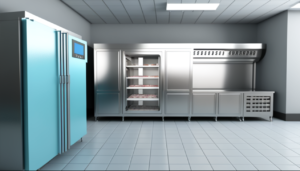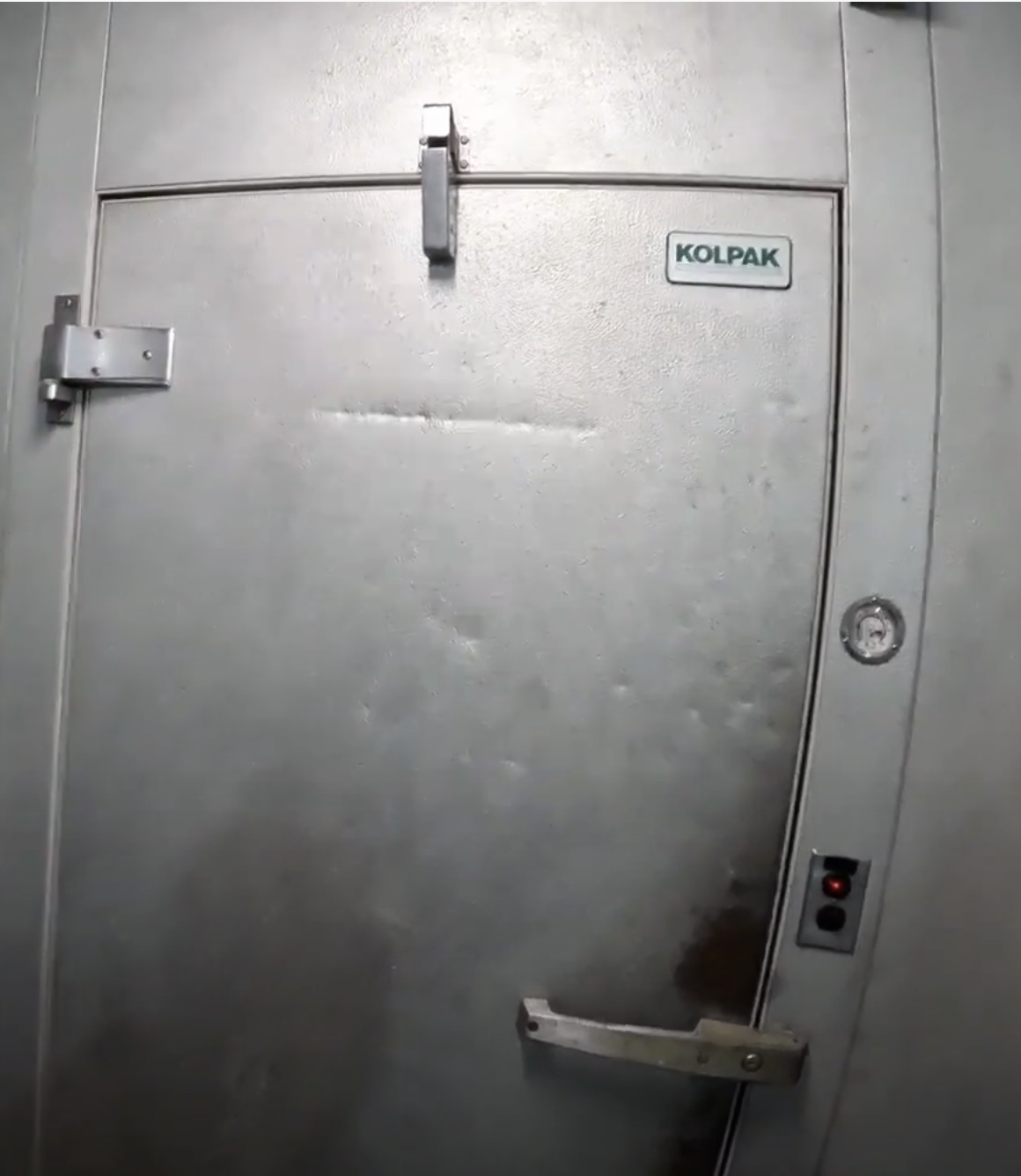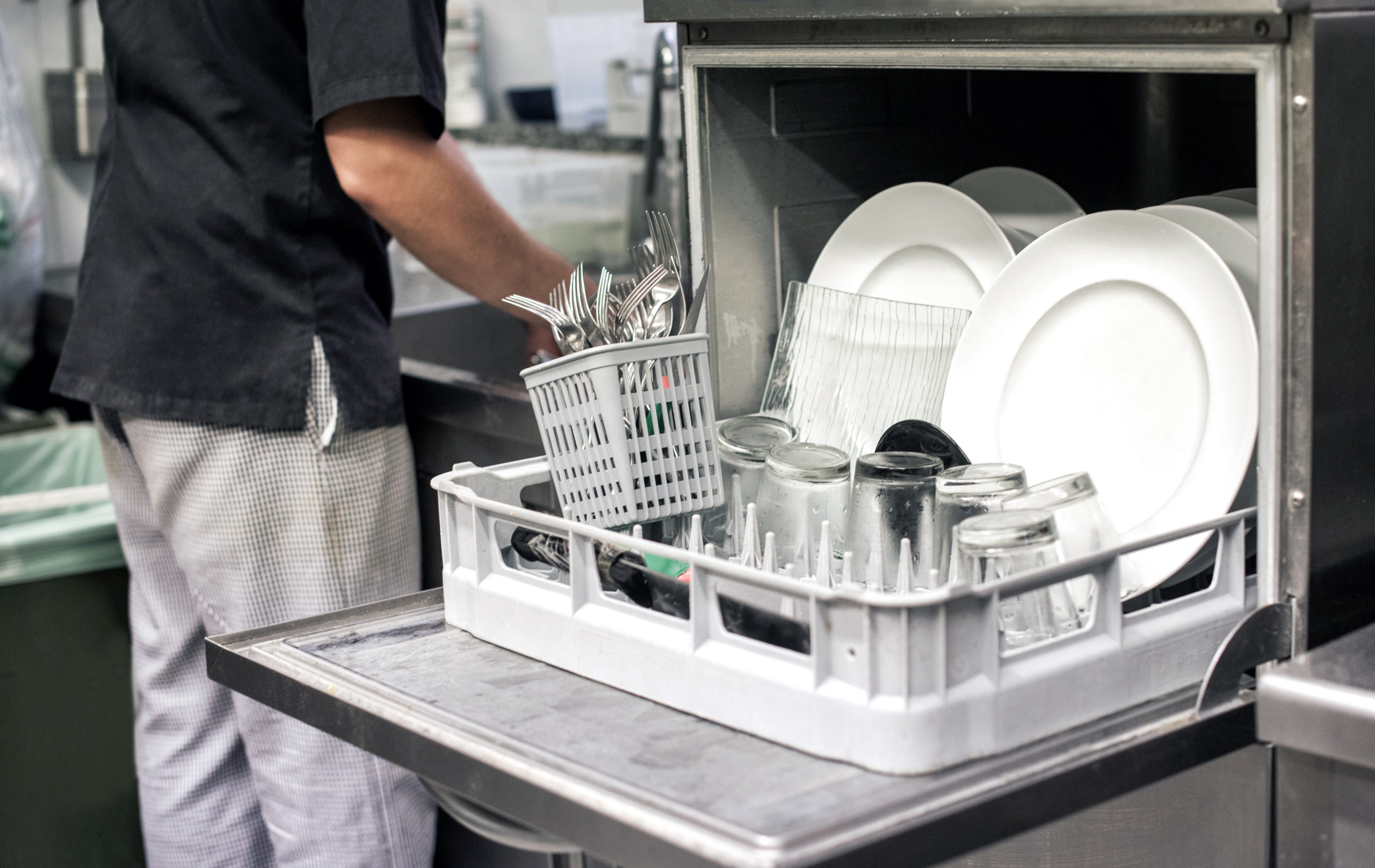Commercial refrigeration systems are an essential part of many businesses, playing a crucial role in preserving perishable goods and ensuring food safety. In this article, we will explore the purpose of commercial refrigeration, the differences between commercial and industrial refrigeration, and the four main types of refrigeration systems. We will also discuss the differences between a commercial cooler and a refrigerator, while touching upon various aspects of commercial refrigeration maintenance and repair.
 Purpose of Commercial Refrigeration
Purpose of Commercial Refrigeration
Commercial refrigeration systems serve a vital function by maintaining specific temperature ranges to preserve perishable goods, such as food and beverages, pharmaceuticals, and other temperature-sensitive products. These systems are indispensable for businesses like restaurants, grocery stores, and warehouses, as they help maintain product quality, prevent spoilage, and ultimately reduce waste.
In addition to preserving perishable goods, commercial refrigeration systems also contribute to food safety by reducing the risk of bacterial growth and contamination. Proper storage conditions are essential for preventing the proliferation of harmful bacteria that can cause foodborne illnesses, ensuring that customers receive safe, high-quality products.
Temperature control is another critical aspect of commercial refrigeration. Different products require specific temperature ranges to maintain their optimal freshness and quality. For instance, dairy products, meats, and produce each have unique temperature requirements, and a well-designed commercial refrigeration system will accommodate these needs to prevent spoilage and extend the shelf life of the products.
Proper commercial refrigeration maintenance is crucial to ensure the reliability and efficiency of these systems. Regular maintenance tasks include cleaning the condenser coils, checking refrigerant levels, inspecting door gaskets for leaks, and monitoring thermostat settings. These preventive measures can help businesses avoid unexpected breakdowns, reduce energy consumption, and extend the lifespan of their equipment.
In addition to regular maintenance, prompt commercial refrigeration repair is essential for addressing issues as they arise. A reliable service provider can diagnose and resolve problems quickly, minimizing downtime and potential product loss. By investing in proper maintenance and repair, businesses can safeguard their perishable goods, maintain a safe environment for their customers, and reduce overall operational costs.
Commercial and Industrial Refrigeration: Key Differences and Applications
Commercial and industrial refrigeration systems serve distinct purposes and are tailored to meet the unique requirements of various industries. While commercial refrigeration systems cater primarily to businesses like restaurants, supermarkets, and convenience stores, industrial refrigeration systems are engineered for larger-scale operations, such as food processing plants, cold storage facilities, and chemical industries.
Complexity and Capacity
Industrial refrigeration systems are typically more complex than their commercial counterparts, often requiring larger cooling capacities to meet the demands of their respective industries. These systems may incorporate multiple cooling zones, advanced temperature controls, and specialized equipment designed to handle large volumes of products or processes.
Conversely, commercial refrigeration systems are typically smaller in scale, focusing on preserving perishable goods and maintaining food safety standards in retail and food service environments. While they may not require the same level of cooling capacity as industrial systems, commercial refrigeration systems must still deliver consistent, reliable performance to protect perishable inventory and ensure customer satisfaction.
Refrigerants and Maintenance
Another notable difference between commercial and industrial refrigeration systems lies in the types of refrigerants they utilize. Industrial systems often use ammonia, CO2, or other specialized refrigerants that offer greater efficiency and environmental benefits. In contrast, commercial systems commonly employ hydrofluorocarbons (HFCs) or hydrochlorofluorocarbons (HCFCs), which have a lower global warming potential but may not be as energy-efficient as the refrigerants used in industrial applications.
Due to the differences in complexity and refrigerant types, commercial refrigeration repair and maintenance may vary significantly from industrial refrigeration maintenance. Industrial systems often require specialized technicians with expertise in the specific refrigerants and equipment used in these applications, while commercial systems may be serviced by a broader range of professionals.
Commercial Coolers and Refrigerators: Storage Solutions for Different Needs
Commercial Coolers
A commercial cooler, also known as a restaurant walk-in cooler, is a spacious, enclosed storage space designed to maintain temperatures between 35°F and 40°F. This temperature range is ideal for preserving perishable goods such as fresh produce, dairy products, and meats. Commercial coolers are built to accommodate the high volume of products that commercial establishments handle, with customizable shelving and ample storage space to optimize organization and accessibility.
Commercial Refrigerators
In contrast to commercial coolers, commercial refrigerators are smaller, cabinet-style units engineered to store goods at temperatures between 32°F and 40°F. These appliances are more suitable for small-scale storage of perishable items and are frequently used in tandem with commercial coolers to address different storage needs. Commercial refrigerators are available in a variety of configurations, including reach-in, under-counter, and display models, providing versatile storage solutions for retail and food service environments.
In summary, commercial and industrial refrigeration systems are designed for unique applications and requirements, with differences in complexity, capacity, refrigerants, and maintenance considerations. Commercial coolers and refrigerators provide tailored storage solutions to meet the varying needs of businesses, ensuring that perishable goods are stored safely and efficiently.
Four Types of Refrigeration Systems
- Vapor-Compression Refrigeration: This is the most common type of refrigeration system found in commercial applications. It relies on a refrigerant that cycles through the system, changing from a vapor to a liquid state as it absorbs and releases heat. This process helps maintain the desired temperature inside the refrigeration unit.
- Absorption Refrigeration: This type of refrigeration system uses a heat source, such as natural gas, steam, or hot water, to drive the cooling process. It utilizes a refrigerant-absorbent pair, where the refrigerant absorbs heat and the absorbent separates the refrigerant from the heat source.
- Evaporative Cooling: This method uses the process of evaporation to provide cooling. Evaporative coolers, also known as swamp coolers, lower the temperature of the air by evaporating water, making them suitable for use in dry climates.
- Thermoelectric Refrigeration: Based on the Peltier effect, this type of refrigeration uses a direct current to transfer heat between two different materials, creating a cooling effect. These systems are typically small, quiet, and used in niche applications.
Commercial Refrigeration Services
Whether you’re in need of commercial refrigeration installation or walk in cooler repair, it’s essential to have a professional and reliable service provider to ensure the optimal performance and longevity of your refrigeration system. Regular commercial refrigeration maintenance can help prevent costly breakdowns, maintain energy efficiency, and extend the life of your equipment.
In summary, commercial refrigeration systems play a crucial role in preserving perishable goods and maintaining food safety. Understanding the differences between commercial and industrial refrigeration, as well as the various types of refrigeration systems, can help businesses make informed decisions when selecting the appropriate system for their needs. Ensuring regular commercial refrigeration maintenance and timely repair services, such as commercial freezer repair, is essential for the optimal performance and longevity of these systems. By working with a reliable commercial refrigeration repair and installation provider, businesses can safeguard the quality of their perishable goods and maintain a safe environment for their customers.


